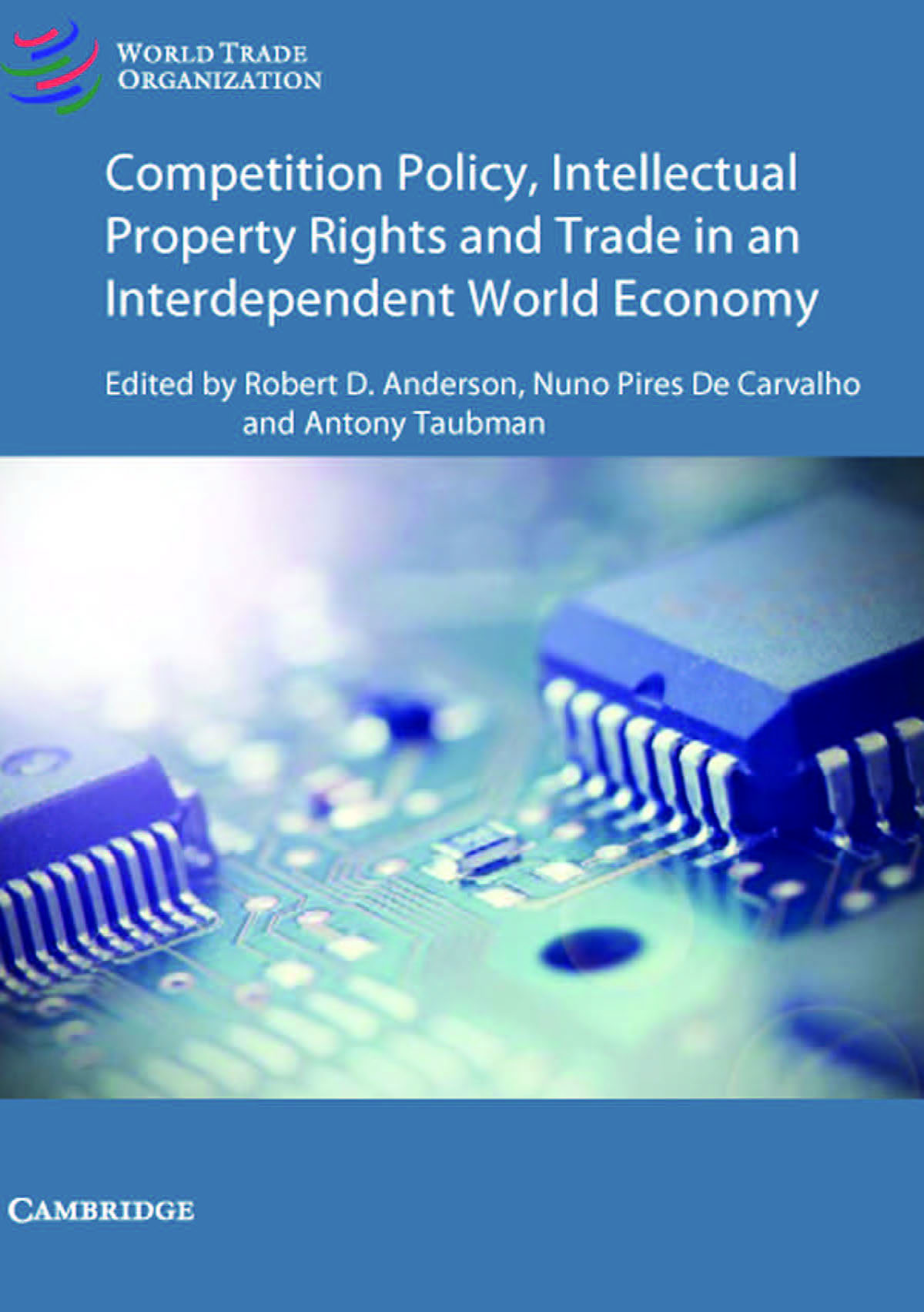Foreign policy may not come up often on the hustings. But as Australians look ahead to a federal election in September, they should be asking tough questions of both major parties about the funding of their foreign policies.
Most of Australia’s key political imperatives – keeping the economy strong, running a coherent immigration policy and foreign investment regime, and creating national unity out of social cultural diversity – are tied to the quality of our foreign policy.
Yet the effectiveness of Australia’s foreign policy is at risk, because the department with principal carriage for our country’s international engagement has been neglected and run down by successive governments, even while the rest of the Commonwealth public service prospered.
In the late 1980s, the Australian foreign service fielded more than 900 highly trained diplomats posted overseas; today, the number is a full one-third less.
Over the past five years, the Lowy Institute has conducted a major, ongoing investigation into Australia’s international policy infrastructure, publishing a series of reports that have identified that the country suffers from what we call a “diplomatic deficit”.
Our diplomatic network has been hollowed out and overstretched as a result of rising demands and years of under-funding.
Government has skimped on funding, at a time when good diplomacy is vital to keep up with Australia’s increasingly international interests in an era of global economic uncertainty and rapid power shifts.
Last year, a joint parliamentary inquiry urged the federal government to make diplomacy a budget priority and endorsed our recommendation to rebuild the overseas network by adding at least 20 new diplomatic missions.
The usual response to these arguments – that the Department of Foreign Affairs and Trade must bear its share of necessary budget cuts – is a historical.
While the rest of the public service boomed, expanding by 60 per cent between 1997 and 2011, DFAT staffing almost flat-lined.
As a proportion of government expenditure, DFAT’s allocation has almost halved over the last decade. So, while it did not share equally in the gain, it is now expected to share fully in the pain. This is not in Australia’s national interest.
We need a first-rate foreign service now more than ever. Our country is hugely reliant on exports and foreign investment. We are located in a region undergoing transformative changes that will have huge implications for our security and prosperity. Australians now take more than 8 million trips abroad each year, a fourfold increase over the last 25 years, which puts immense pressure on our consular service.
And in the past few years we have ascended to two of the premier global forums – the Group of 20 on the economic and financial side, and the United Nations Security Council on the political and security side.
If we are to take advantage of our position, we will need creative and well-informed positions and energetic diplomacy – all of which costs money.
Yet Australia has the smallest diplomatic network of all the G20 nations, and close to the smallest in the developed world. We have fewer diplomatic missions than tiny countries such as Norway, Sweden, Finland and Belgium, even though those countries are a fraction of our size and situated in much steadier geopolitical surrounds.
Our 95 diplomatic posts around the world look feeble compared with the OECD average of 133 posts.
We have the world’s 13th largest economy, the 12th largest defence budget and the 11th largest aid budget, but our meagre diplomatic funding affords only the most skeletal overseas network.
This year Australia will spend about $25 billion on defence, over $5 billion on aid, yet DFAT will receive $1 billion.
Do we really believe we have this balance right?
It is madness for Australia, which is so international in its outlook and its connections, to starve its diplomatic service . Surely we can afford a properly resourced foreign policy. This is not rent-seeking; it is simply common sense.
After all, talk is cheap – especially compared with the alternatives.






